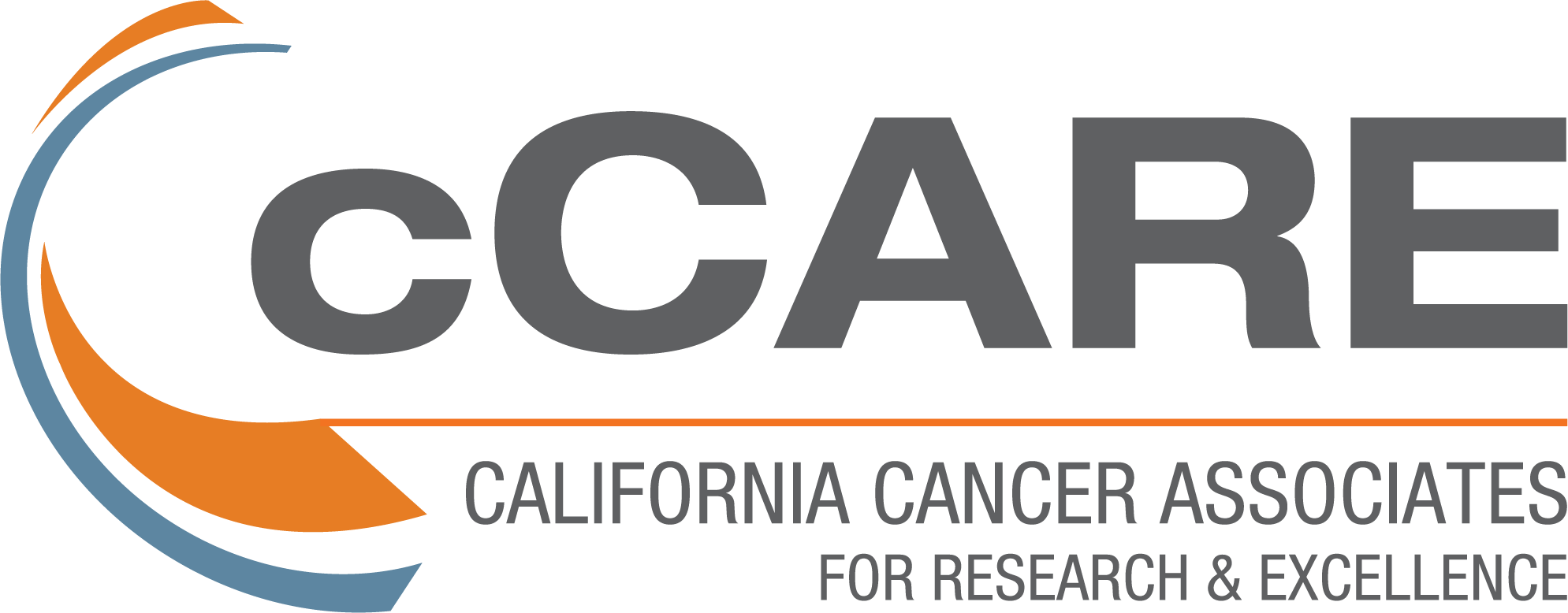Targeted therapy at a glance
- Targeted therapy is a form of chemotherapy that marks, or targets, certain traits of a cell, such as a protein or mutated chromosome, and destroys, interferes or manipulates the cancerous properties and interactions in that trait.
- Because the therapy is localized beneath the cellular level, it damages healthy cell tissue less frequently than traditional chemotherapy.
- Targeted therapy is not a treatment for all cancers, only those that contain a target (protein, enzyme or gene) the drug fights.
- Cancer cells may become resistant to targeted therapies, either generating a new mutation or a workaround to continue to grow and spread.
- Side effects of targeted therapy, which are usually mild in nature and temporary during treatment, include skin issues, diarrhea and liver issues.
Targeted therapy
Targeted therapy for cancer is a form of chemotherapy that focuses on, or targets, one specific aspect or molecule of a cell that has become cancerous as it continues to mutate and divide into additional cancer cells. The target may include a particular protein, a set of proteins or even just the manner in which healthy cells and the body respond to cancer cells. Although targeted therapies may be used as a stand-alone cancer treatment, it is commonly combined with other forms of chemotherapy.
Unlike standard forms of chemotherapy that destroy the entire cancer cell, targeted therapy targets only some parts of the cell that make them cancerous or mutated. Instead of killing tumor cells, targeted cancer therapies block specific molecular targets that allow cancer to grow and spread. How a therapy works varies depending on the type of cancer.
Targeted therapy is not a viable option for all cancers. Cancer cells are sometimes tested to see if they contain the target — usually a protein, gene or enzyme — that the drug can address.
Common targeted therapies available include the following.
- Signal transduction inhibitors. This form of therapy changes the way a cell responds to its environment. The therapy blocks the cue to molecules to regenerate and duplicate during a cancer mutation (also known as signal transduction).
- Hormone therapies. Some tumors can grow faster when exposed to certain hormones. Targeted hormone therapies prevent the body from producing the hormones that encourage cancer cell growth.
- Immunotherapies. This form of therapy targets the immune system and encourages it to kill cancer cells or stop their growth.
- Apoptosis inducers. Apoptosis is the normal death of cells that routinely occurs in the body. The hallmark of cancer cells is their ability to work around apoptosis. Apoptosis inducers attempt to block that workaround and kill the cancer cells.

Rewriting the Cancer Story
Still Savoring Life After Stage 4 Lung Cancer
cCARE patient Carole Berwick gives an update on her stage 4 lung cancer journey five years after receiving a 3-month life expectancy from another clinic.
Read MoreTargeted therapy limitations & side effects
Targeted therapies, although effective at halting cancer growth, do have limitations. After multiple rounds of targeted therapy, cancer cells may become resistant by either changing the mutation or creating a new pathway to accomplish the same cell growth.
Side effects of targeted cancer therapies are usually not as frequent or dramatic as traditional chemotherapy drugs or radiation treatments. Although targeted therapies don’t try to hit the healthy cells and tissue, this sometimes can happen. Therapies that target more than one cell characteristic tend to have a higher chance of side effects.
Targeted therapies may result in side effects such as diarrhea and liver issues (elevated liver enzymes and hepatitis). Patients undergoing targeted therapy may also experience skin rashes, problems with blood clotting, increased blood pressure and damage to the heart. Most side effects of targeted therapy are only temporary and stop once the therapy is complete.
Find out if targeted therapy is right for you
For more information on targeted therapy, contact cCARE today.
